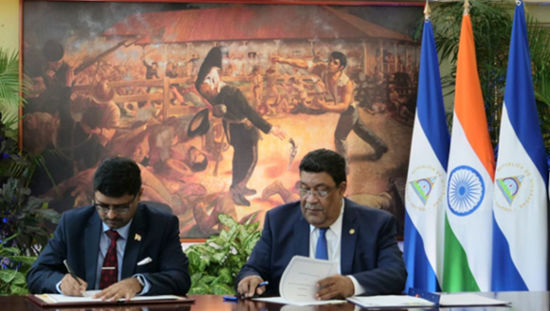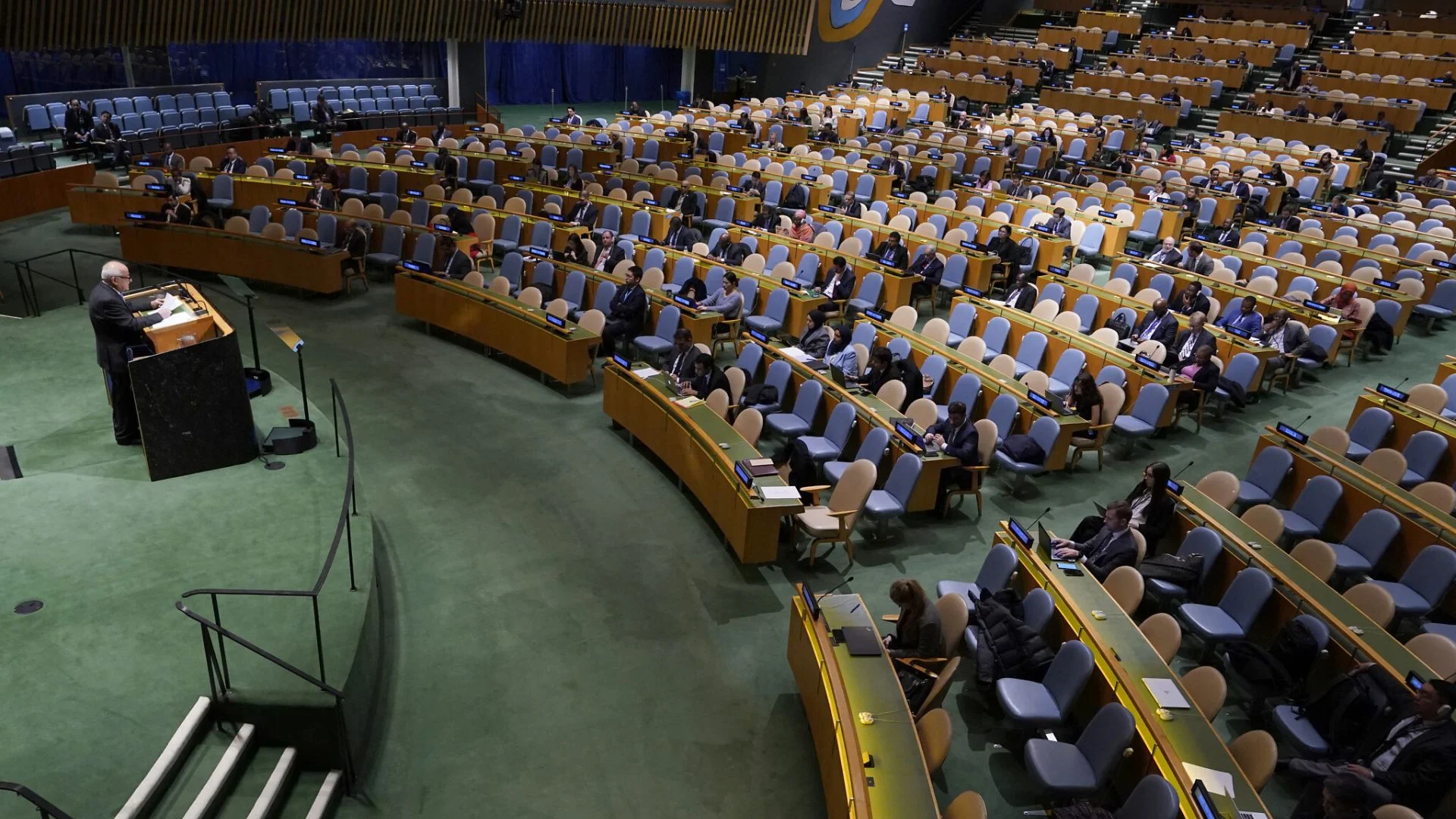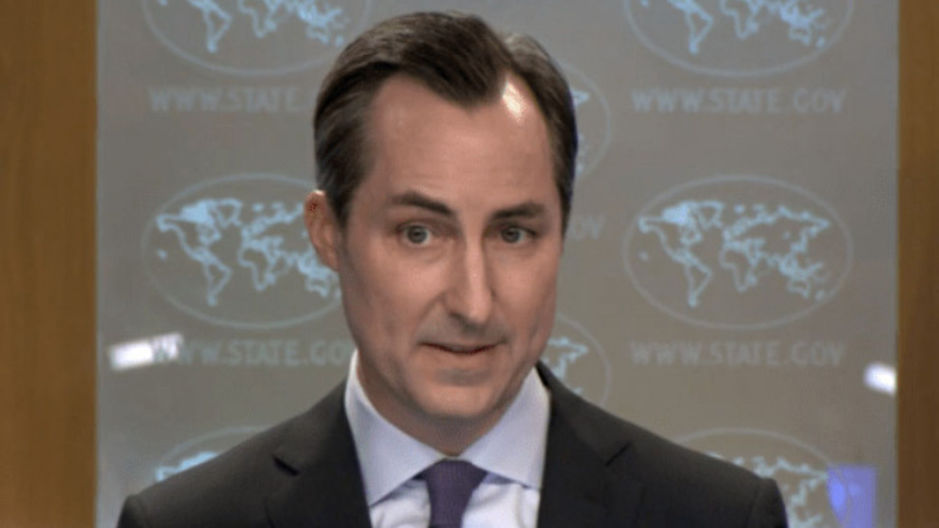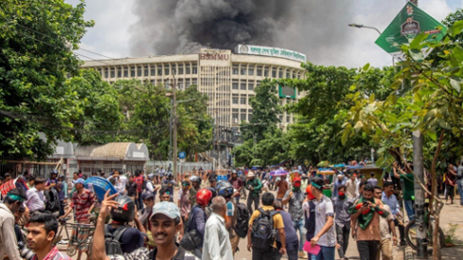Russian President Vladimir Putin praised Indian Prime Minister Narendra Modi for creating a business environment stable enough to foster growth for small and medium-sized enterprises in India. While addressing the VTB Investment Forum in Moscow, Putin spoke about how Russia‘s import substitution program and India‘s “Make in India” program can work together, and thereby announced that Russia was willing to manufacture in India.
Russia Ready to Manufacture in India
Putin commended Modi‘s administration for focusing on national interest and developing investment-friendly policies. “Prime Minister Modi has a similar program called ‘Make in India.’ We are also ready to place our manufacturing site in India,” he said. The Russian President added that stable conditions in India make it an attractive destination for global investors.
Russia‘s Import Substitution Program success
Emphasising the country’s achievements in substituting Western brands that had left its market, Putin said that success was also seen in other key areas, including consumer goods, IT, high-tech, and agriculture. He pointed out, “In agriculture, for example, Russia shifted from importing $35 billion worth of grain in 1988 to exporting $66 billion last year,” crediting this expansion to the hard work of Russian farmers and producers.
Focus on BRICS Cooperation
Putin also asked for increased cooperation between BRICS nations to further develop SMEs. He appealed to the member countries to pinpoint possible areas of cooperation before the 2025 BRICS Summit in Brazil. “I would ask colleagues of the BRICS corporation to analyse the situation on the main areas of cooperation,” Putin said, underlining the necessity of concerted efforts to strengthen economic ties within the bloc.
Economic Initiatives to Strengthen Ties
In the context of India and Russia searching for ways to deepen their partnership, the synergies between the flagship programs of both, “Make in India” by India and Russia‘s import substitution strategy, underline mutual growth potential. This collaboration does not only strengthen bilateral relations but also positions both nations as pivotal players in the global economic landscape.













